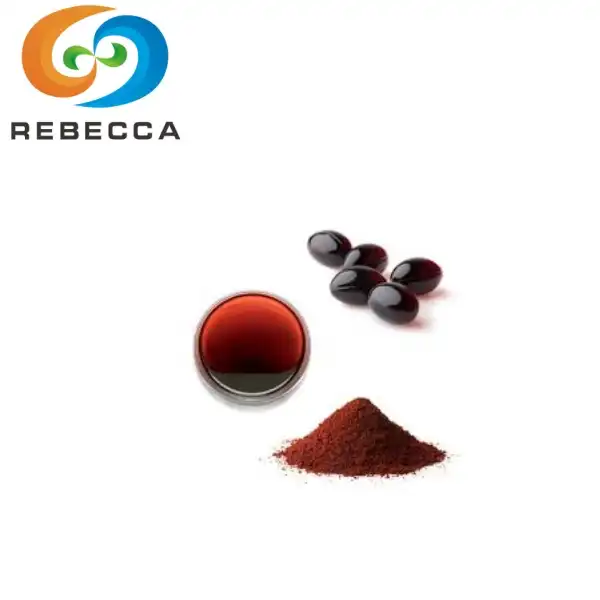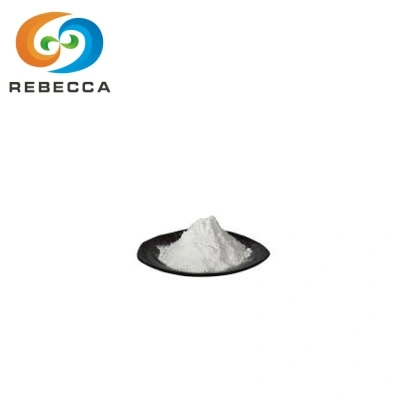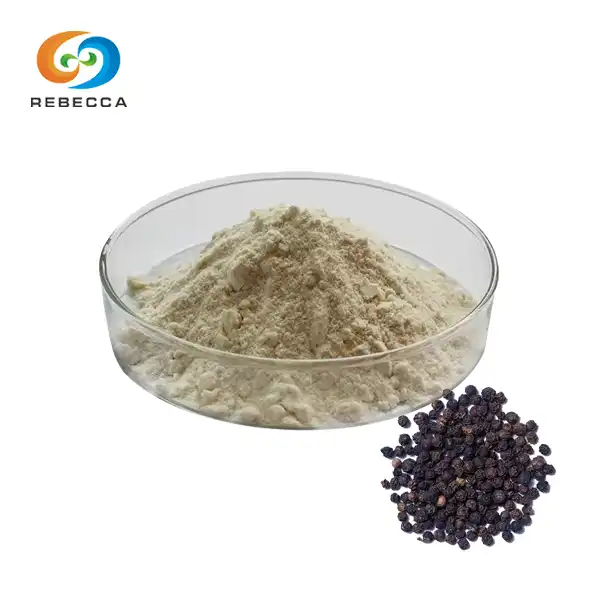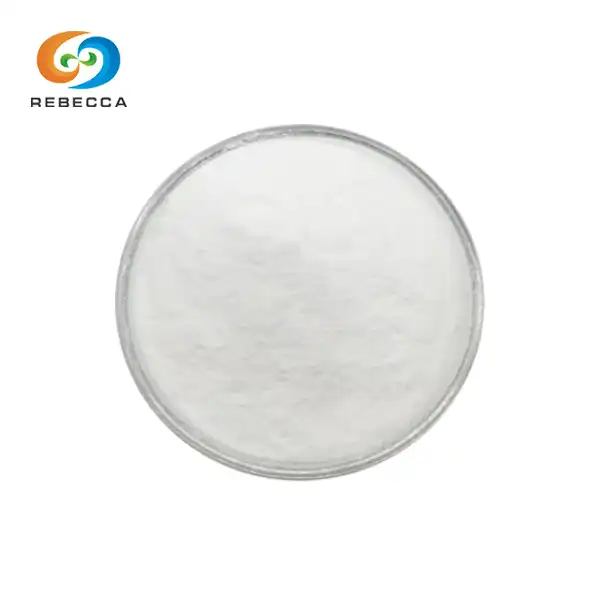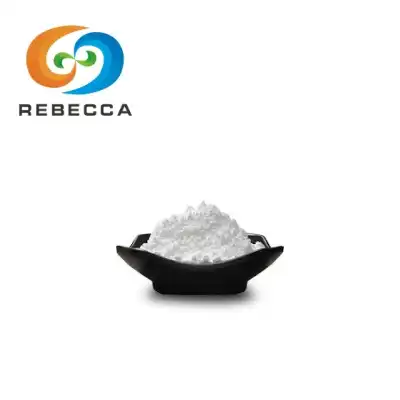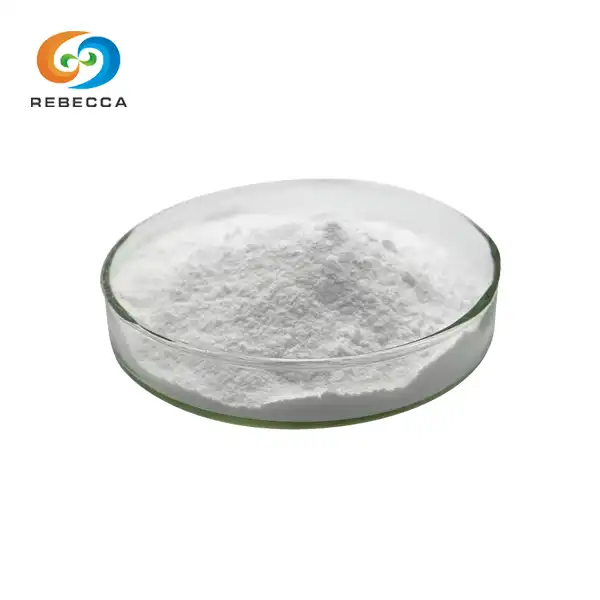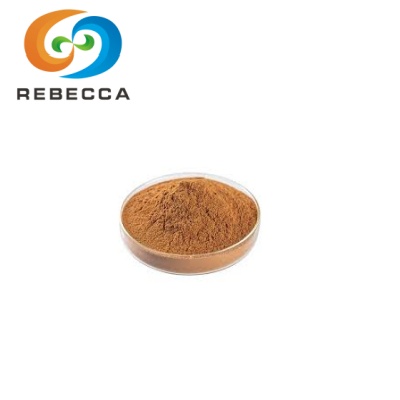Why is L-ergothioneine good for the brain?
L-ergothioneine powder, often referred to as the "longevity vitamin," has shown promising results in several studies focusing on cognitive function and neuroprotection. In Rebecca's article, we'll explore the reasons why L-ergothioneine is considered beneficial for the brain, examining its properties and effects on brain health.
Antioxidant Properties
One of the primary reasons L-ergothioneine is good for the brain lies in its potent antioxidant properties. Antioxidants are essential for safeguarding our cells, including those in the brain, against oxidative stress. Oxidative stress arises when there’s an imbalance between free radicals and antioxidants within the body. Free radicals are unstable entities that can harm cellular structures, including DNA, proteins, and lipids. If this damage goes unchecked, it can result in a range of health problems, including neurodegenerative disorders.
L-ergothioneine serves as a potent defender against free radicals, neutralizing them before they inflict damage on brain cells. This antioxidant function is particularly vital for brain health, as the brain is exceptionally vulnerable to oxidative stress due to its elevated metabolic rate and oxygen utilization. By mitigating oxidative stress, it may assist in defending against the onset and advancement of neurodegenerative illnesses like Alzheimer's and Parkinson's.
Studies have indicated that ergothioneine can accumulate in various tissues, including the brain, where it can implement its protective properties. Research published in the journal 'Antioxidants' revealed that L-ergothioneine is capable of traversing the blood-brain barrier, enabling it to directly interact with and shield brain cells. This ability to penetrate the brain makes it a promising compound for maintaining cognitive health and potentially preventing age-related cognitive decline.
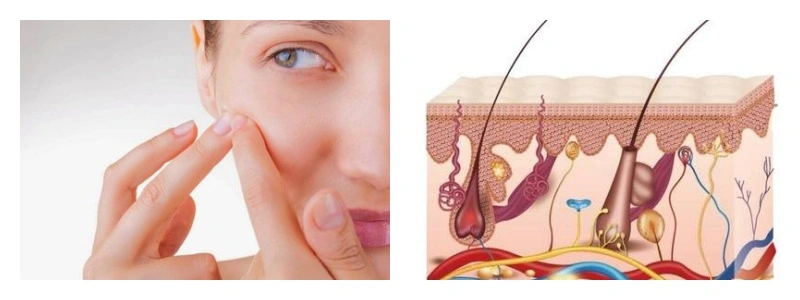
Neuroprotection
Beyond its antioxidant properties, L-ergothioneine has demonstrated significant neuroprotective effects. Neuroprotection alludes to the components and mechanisms utilized to ensure neurons from harm or degeneration. This is especially imperative in the setting of maturing and neurodegenerative conditions, where brain cells are at expanded hazard of harm and death.
Several ponders have highlighted the neuroprotective potential. For occurrence, investigate distributed in the "Journal of Neurochemistry" found that ergothioneine ensured neuronal cells against different stressors, counting oxidative stretch and mitochondrial dysfunction. These discoveries recommend that L-ergothioneine may offer assistance keep up the integrity and work of neurons, possibly abating down or avoiding the movement of neurodegenerative diseases.
Furthermore, it has been appeared to secure against glutamate-induced poisonous quality, a handle involved in different neurological disarranges. Glutamate is an vital neurotransmitter, but intemperate levels can lead to neuronal harm and passing. By relieving glutamate-induced poisonous quality, it may offer assistance protect brain work and ensure against conditions related with excitotoxicity.
Its neuroprotective impacts expand to other angles of brain wellbeing as well. Ponders have proposed that it may offer assistance ensure against ischemic damage, which happens when blood stream to the brain is decreased or blocked. This defensive impact may be especially useful in the setting of stroke anticipation and recuperation.

Anti-Inflammatory Effects
Inflammation in the brain, often referred to as neuroinflammation, is a common feature of many cognitive disorders and neurodegenerative diseases. Chronic inflammation can damage brain cells and disrupt normal brain function, potentially leading to cognitive impairment and other neurological issues. L-ergothioneine has shown promising anti-inflammatory effects, which may contribute to its overall benefits for brain health.
Research published in the "Journal of Neuroinflammation" demonstrated that ergothioneine could suppress the production of pro-inflammatory molecules in brain cells. By reducing inflammatory responses, it may help create a more favorable environment for brain health and function. This anti-inflammatory action could be particularly beneficial in conditions where chronic inflammation plays a role, such as Alzheimer's disease and multiple sclerosis.
Moreover, its anti-inflammatory properties may extend beyond direct effects on brain cells. By reducing systemic inflammation throughout the body, it may indirectly benefit brain health. Systemic inflammation has been linked to various cognitive issues, including memory problems and decreased cognitive function. By addressing inflammation at both the local and systemic levels, it may provide comprehensive support for brain health.

Cellular Support
Another crucial aspect of L-ergothioneine's benefits for brain health lies in its ability to support cellular function, particularly mitochondrial function. Mitochondria are often referred to as the "powerhouses" of cells, responsible for producing the energy needed for cellular processes. In the brain, which has high energy demands, healthy mitochondrial function is essential for optimal cognitive performance and overall brain health.
Research has shown that L ergothioneine can support mitochondrial function in several ways. A study published in the "Journal of Biological Chemistry" found that ergothioneine could protect mitochondria from oxidative damage and maintain their function under stress conditions. This protective effect on mitochondria is particularly important in the context of brain health, as mitochondrial dysfunction has been implicated in various neurodegenerative diseases.
Furthermore, it has been shown to enhance mitochondrial energy production. By supporting the efficiency of mitochondrial function, it may help ensure that brain cells have the energy they need to perform their various functions optimally. This could translate to improved cognitive performance, including better memory, focus, and overall mental clarity.
The cellular support provided by L-ergothioneine extends beyond mitochondrial function. Studies have suggested that it may also help maintain the integrity of cellular membranes, including those of brain cells. By protecting these crucial cellular structures, it may contribute to the overall resilience and longevity of brain cells.
Additionally, L-ergothioneine has been shown to support the production and maintenance of myelin, the protective sheath that surrounds nerve fibers in the brain. Myelin is essential for efficient nerve signal transmission, and its degradation is associated with various neurological conditions. By supporting myelin health, L-ergothioneine may help maintain optimal brain function and communication between different brain regions.

L Ergothioneine Supplier
As interest in L-ergothioneine grows, so does the demand for high-quality sources of this compound. Rebecca, a leading supplier in the field, produces the Ergothioneine is an odorless white crystal, non-hygroscopic, and free of "toxic solvents" and "D-ergothioneine" residues. For those interested in incorporating L-ergothioneine powder into their products or research, Rebecca offers a reliable source of this valuable compound. For Further Information, please contact information@sxrebecca.com.
It is crucial to acknowledge that although L-ergothioneine holds significant potential for cognitive well-being, additional studies are required to thoroughly comprehend its influences and ideal applications. As with any dietary supplement or substance, it is always advisable to seek guidance from a healthcare expert prior to adding it to your routine.
References
1. Cheah, I. K., & Halliwell, B. (2012). Ergothioneine; antioxidant potential, physiological function and role in disease. Biochimica et Biophysica Acta (BBA)-Molecular Basis of Disease, 1822(5), 784-793.
2. Halliwell, B., Cheah, I. K., & Tang, R. M. (2018). Ergothioneine - a diet-derived antioxidant with therapeutic potential. FEBS letters, 592(20), 3357-3366.
3. Pahwa, R., & Jialal, I. (2022). Chronic Inflammation. StatPearls Publishing.
4. Dong, Y., et al. (2021). Ergothioneine: A novel neuroprotective compound against oxidative stress and neuroinflammation. Antioxidants, 10(9), 1483.
